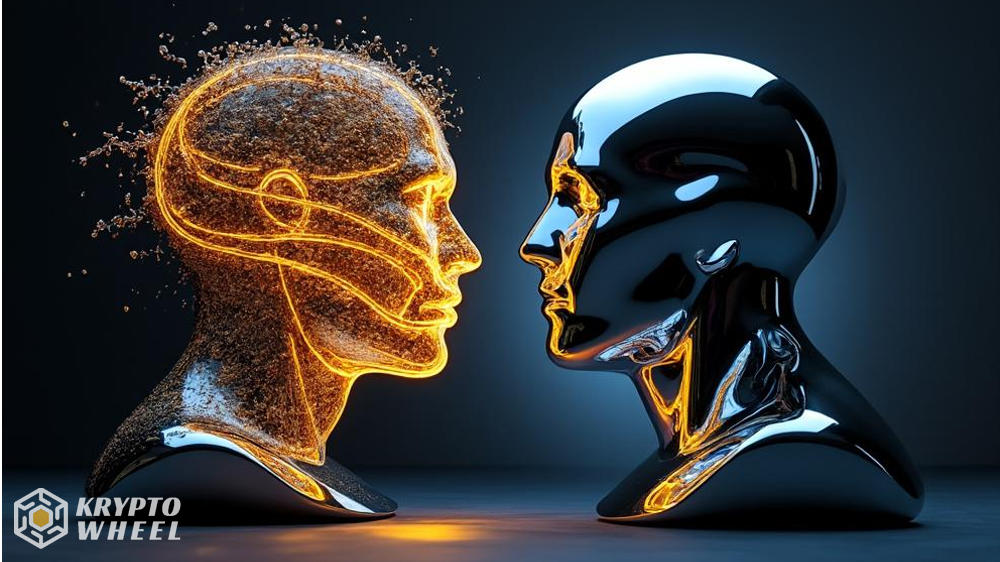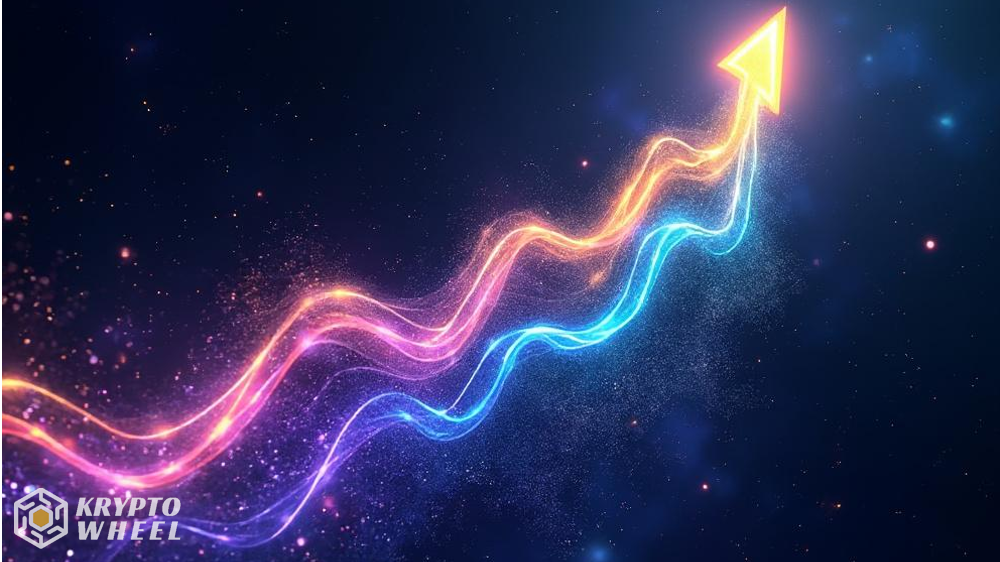Literary icon questions billionaire’s connection to ordinary life
Joyce Carol Oates, the celebrated novelist with over 70 published books to her name, sparked an unexpected cultural debate over the weekend. At 87 years old, she took to X to question whether Elon Musk, the world’s wealthiest man, truly experiences the simple pleasures that most people find meaningful.
Her initial post questioned why Musk never shares content about nature, pets, books, movies, or personal connections. “The poorest persons on Twitter may have access to more beauty & meaning in life than the ‘most wealthy person in the world,'” she wrote. The post quickly gained nearly 5 million views and struck a chord with many users who see Musk as disconnected from everyday human experiences.
Musk responds with personal attacks
Musk didn’t take the criticism lightly. He fired back with a series of personal attacks, calling Oates a “lazy liar” and criticizing her writing style. “Eating a bag of sawdust would be vastly more enjoyable than reading the laboriously pretentious drivel of Oates,” he declared in one particularly harsh response.
The exchange highlighted what many see as a growing cultural divide. Oates represents the humanities tradition—someone who explores emotional complexity and empathy in her work. Musk, on the other hand, has publicly questioned whether human empathy might be a threat to civilization, focusing instead on technological advancement and disruption.
The irony of platform dynamics
There was some irony in the situation. Oates herself is one of X’s most active users, posting with surprising frequency for someone of her age and literary stature. Meanwhile, Musk spent part of the day trying to prove his cultural credentials by referencing 1980s science fiction films like Blade Runner and Aliens—a move that some users felt only reinforced Oates’s original point about his cultural references being limited.
I think what made this exchange particularly interesting was how it transcended typical celebrity spats. It wasn’t just about personal insults—it touched on deeper questions about what gives life meaning and whether technological progress and wealth necessarily translate to a richer human experience.
A surprising conclusion
In the end, Oates took the higher road. Rather than continuing the personal attacks, she praised Musk for allowing critical commentary on his platform. “It is impressive that Elon Musk allows critical commentary of himself on X,” she wrote. “That is not usually a magnanimity of spirit commensurate with the extreme type of non-empathetic person.”
Perhaps the most telling aspect of this whole exchange was how it revealed two very different worldviews colliding in real time. On one side, a literary giant who has spent decades exploring the human condition. On the other, a tech billionaire focused on building the future. Both are influential in their own ways, but they seem to value fundamentally different things.
The conversation also happened against the backdrop of Musk’s recent $1 trillion pay package from Tesla shareholders and his ongoing discussions about “makers versus takers” in society. It’s interesting how these philosophical debates keep resurfacing in different contexts.
What struck me was how both participants seemed to be talking past each other to some extent. Oates was questioning whether wealth brings happiness and meaning, while Musk seemed focused on defending his personal character and cultural knowledge. They were having two different conversations that happened to intersect on the same platform.
In many ways, this exchange reflects broader cultural tensions we’re seeing play out across society. The relationship between technology and humanity, the value of empathy versus efficiency, and what constitutes a meaningful life in an increasingly digital world. These aren’t new questions, but they’re becoming more urgent as technology continues to reshape our lives.










